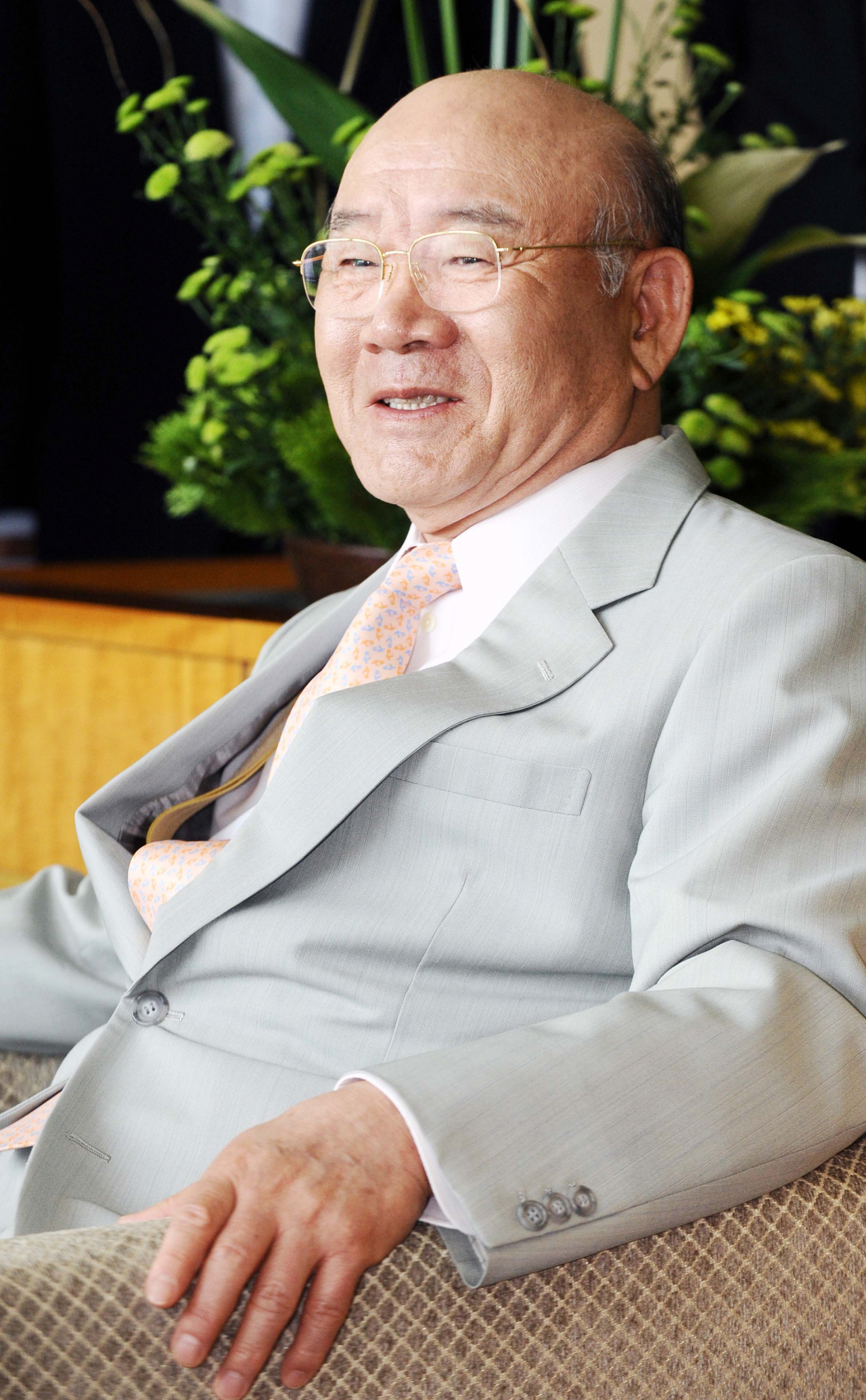What should we call you, Chun Doo-hwan?
Which title to use for deceased military dictator sparks dispute in S. Korean media
By Yoon Min-sikPublished : Jan. 10, 2024 - 19:48

State-run broadcaster KBS was recently embroiled in controversy over its abrupt change of the title used for the late Chun Doo-hwan, a former military dictator of South Korea who ruled over the country with an iron fist in the 1980s.
Last Thursday, a senior journalist of the public broadcaster, Kim Seong-jin, issued a notice on the company's intranet that its reporters should refer to Chun as "former President Chun," instead of "Chun-ssi (Mr. Chun)." After the notice was issued, KBS has been using both "ssi" and "former President" as titles for Chun in its stories, in contrast to its previous policy of using "ssi" when referring to him.
Kim is an influential KBS staff member, and is in a supervising position at its TV broadcast news. Rival public broadcaster MBC reported, citing sources within KBS, that Kim had told everyone around him to fix Chun's title and that "if anyone has a problem with it, they should come talk directly to him."
Deciding which title to use for Chun has been a topic of dispute here, as in Korean, referring to someone by their official title -- including former ones -- is considered a more respectful form of address. As such, it is conventional for members of the media to say "former President (so and so)" in stories about former leaders of the country.
There have been complaints that such a respectful form of address should not be used specifically for Chun, who in 1996 was sentenced to life in prison by the Supreme Court for crimes including insurrection and armed revolt for his role in the 1979 military coup, as well as various corruption charges.
South Korean law states that the state shall deprive of all benefits former presidents who: received criminal punishment equal to or higher than imprisonment without physical labor, had been impeached while in office, requested protection of a foreign government to dodge criminal punishment, or lost South Korean citizenship.
Using a specific title is not in itself a benefit for a former president. But there have been complaints that a convicted criminal like Chun, whose bloody crackdown on pro-democracy activists in Gwangju in 1980 led to hundreds of deaths, should not be referred to in a way that suggests any respect.
Another complaint was that Chun rose to power through a military coup in 1979, not through an official presidential election. He was elected by a voting committee that was under the influence of Chun and the military leadership, winning 99.37 percent of the votes as the sole candidate.
KBS reportedly had a company-wide discussion in 2020, and decided that Chun should be referred to with "ssi" in reports. Kim was one of the most vocal opponents of the policy, and in 2021 issued a similar complaint about the use of the title.
"'Former President' is not a form of respect, it's just how we refer to a person who had been president of South Korea," Kim wrote in his post, arguing that it makes no sense to call Chun "ssi" when the media uses the former official title when addressing leaders of North Korea. South Korea's Constitution does not recognize North Korea as an official sate, stipulating that the country's territories encompass the entire Korean Peninsula and its islands.
The controversy has sparked a backlash across the country, particularly among the liberal bloc. The main opposition Democratic Party of Korea released a statement criticizing the KBS for ordering the change in Chun's title, demanding a public apology from KBS President Park Min.
"'President' is a title that is given to a state leader that the people chose through a democratic election... Chun is a dictator who took power through a military coup and massacred the people, and a 1997 Supreme Court ruling deprived him of all the benefits of a former president," the Democratic Party spokesperson Choi Min-seok said.
KBS has not yet issued an official statement on the matter.



















